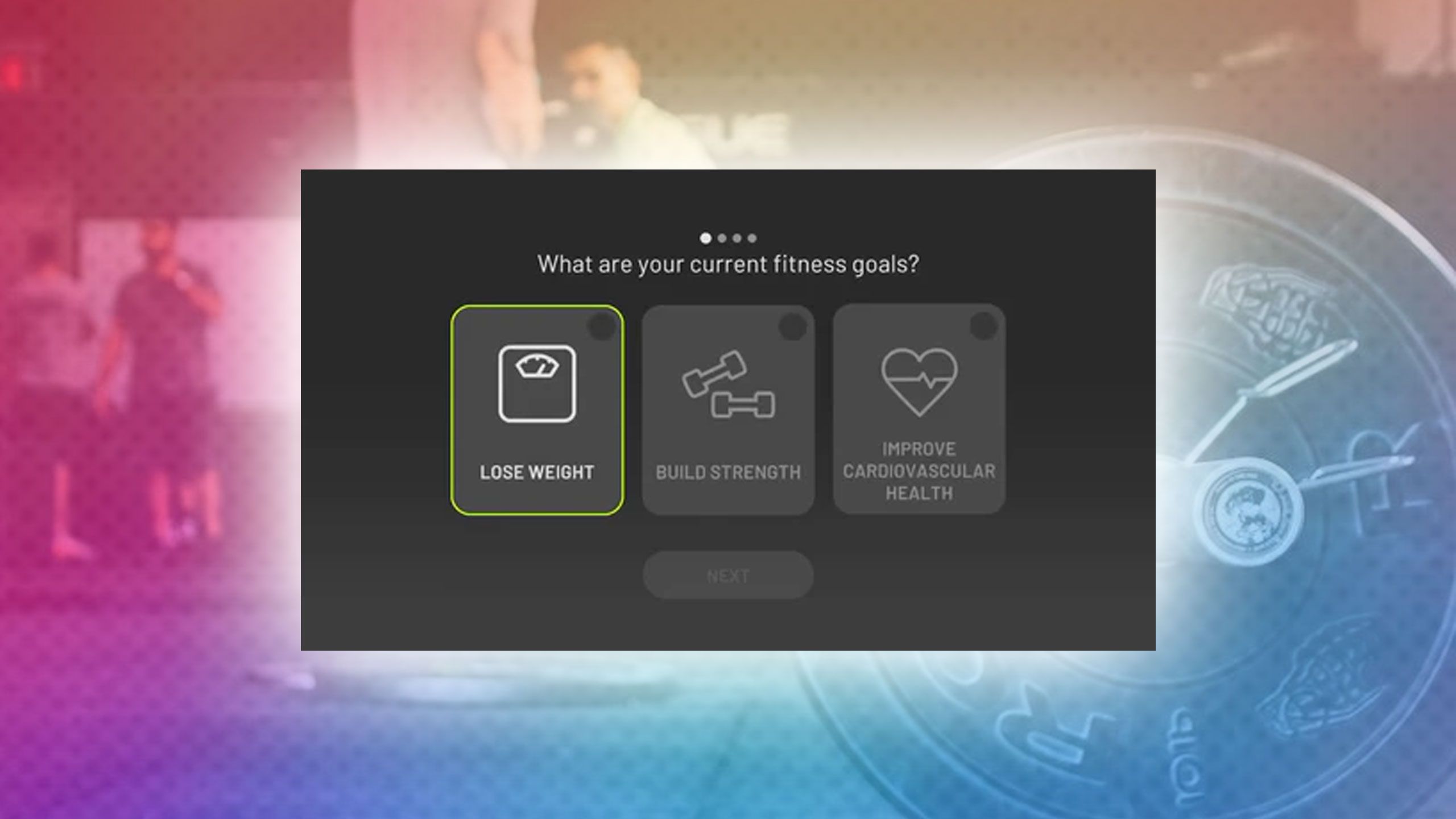Jobs
Hate your job? If it doesn’t fit, you may quit

When Michael Lauer, 44, started work as a senior vice president for an Upper East Side-based global communications agency two years ago, he quickly realized it wasn’t the right fit.
“Within two months, I knew it was a mistake,” said the Howell, NJ, resident. The senior communications consultant periodically commuted two hours, arriving at 9 a.m. while local workers “would stroll in at their leisure.”
He was thrown into the fire with little onboarding to lead a significant piece of business, something he called “one of the most stressful situations” of his career. The toxic culture and office politics propelled him to start actively interviewing for other jobs.
“Anytime I flagged potential issues, the focus of the conversation quickly turned to me — my actions, what I could have done differently. The accountability aspect didn’t seem balanced at all,” said Lauer.
Lauer jumped ship within a few months and pursued self-employment to “avoid those toxic mismatches.”
He’s now doing public relations and communications consulting, while building a career navigation platform.
If, like Lauer, your new gig goes sour faster than a New York minute, you don’t need to stay there just for optics.
Job-hopping — leaving a job soon after starting — was once a stigma, leaving job seekers perceived as unstable flight risks. Thanks to the pandemic and a hot job market, that no longer applies.
According to the nonprofit research organization Employee Benefit Research Institute, 22% of workers over 20 spent a year or less at their jobs in 2022. (The median tenure for workers over 25 was about five years.)
“The old rule of thumb about staying a year is no longer the gold standard in a work environment where changing jobs is not unusual,” said Diane Rosen, Ed.D., workplace expert, coach and president of dr-squared Consultants, a business and HR consulting firm on the Upper East Side.
Several reasons may catapult you to pound the pavement again. The job might be unethical, discriminatory, unsafe, too stressful, a toxic environment, a dead end or a bait-and-switch (not the same job that was advertised).
“If the job is such that you can no longer tolerate it, then quitting without a new job may be the right thing,” said Rosen. “While it’s helpful to be employed during your search, if you can clearly articulate why you are currently unemployed, then it shouldn’t impede your search.”
Providing a reasonable explanation to prospective employers is key, as you refrain from bashing your former employer.
Sagar Rupani, senior managing director of staffing and recruitment agency Atlantic Group in Herald Square, said, “You might say, ‘I learned a great deal in my previous role and appreciated the experience, but I did not see long-term growth opportunities there, which is why I am exploring new opportunities.’”
Several short stints could raise eyebrows with discerning employers, as would bad-mouthing your former employers, but one short-lived job shouldn’t be a big deal. “If you have a history of long tenures in previous roles and can provide a reasonable explanation for a short stint, most employers will understand,” said Rupani.
If you consistently hate your new job, be vigilant about spotting red flags during interviews.
Claire Steichen, founder of Clear Strategy Coaching, a leadership development consultancy on the Upper West Side, said, “Some red flags are obvious, like employee turnover or lack of promotion or an offer of pay that you know is too low. Others are more about cultural fit.”
Another flag could be a vague or nonexistent job description. In May, Diana Edelman, 44, a creator providing plant-based and marketing consulting to restaurants, resigned from a part-time job as a content strategist for a small marketing agency working remotely.
She knew her boss, and after they chatted during lunch in January, she landed the role and started in February, but it soon turned toxic.
“I was constantly being emotionally manipulated,” said the Alphabet City resident. The boss’ bad behavior emerged one month into the gig as she constantly berated Edelman and her five colleagues.
When Edelman was tasked with personal assistant responsibilities such as arranging for taxis and meals instead of a content strategist, she tried setting boundaries by providing a job description and statement of work, but kept “getting blown off.”
“I decided I was done, and would no longer be subjecting myself to that toxicity,” said Edelman, who sent a courteous email to resign.
In other situations, the new gig may be a dud because your career goals have changed. Tessa West, Ph.D., professor of psychology at New York University and author of the new book, “Job Therapy: Finding Work That Works for You” (Portfolio), said, “Start ‘dating’ new career identities before committing to anything. This comes down to having conversations with people about what the day in the life of their job looks like. This will help you develop clarity around new career identities.”
Despite thorough research and soul-searching, you may want to document the issues and address them with your boss or with HR before calling it quits. If your health and safety aren’t in imminent danger, it might be prudent to press pause before immediately quitting, especially if you’re a serial job-hopper.
“Take a beat to self-reflect and avoid knee-jerk reactions and speak with someone you trust to talk it through,” said Rosen.
Evaluate the situation to see if it can improve and if you can develop skills to advance your career in the long term. Also, crunch numbers to determine if you can financially afford to leave.
However, in some instances, leaving may be the only option. “If the company doesn’t have a great reputation, then getting out sooner is better,” said Steichen. “Consider your mental health. Will you feel better for sticking it out or will you suffer too much along the way?”
Once Edelman left, she felt like she could breathe again. She said of the toxic gig: “You can’t pour from an empty cup and show up the way you need to in other aspects of your life.”







